What If Your Best Shot Was Enough?
I still narrow my eyes every time I remember this story: I was in college, and had to be the best at everything I did. (Obviously.) And then, I got a B on a paper. I was absolutely devastated. How could I have let that happen? I’d just have to try that much harder on the next one. I went to talk to my mentor, hoping for some support in my devastation at the grade. And then he said,
“Looks like you should try to get a C on the next one.”
Even as I write that now, I can still feel the eyebrows-raised look of disbelief I gave him. A C? On purpose?
I couldn’t imagine removing my capability from my performance – but he knew I was perfectly capable of getting A’s. And so if I wasn’t, clearly something was going on that I should attend to. Something more important than forcing myself into performance. And maybe I needed to learn something about myself through this strong reaction to what some would call a pretty good grade.
Maybe you have something like that, too?
Of course, you’re probably not writing papers these days. But might there be something in your life you feel like you need to perform perfectly to make work? I see this a lot in my clients (and myself, of course, I’m still learning, too.) Things like ... “If I really believed in improving my mental health, I’d go to therapy 5 days a week and perfectly perform every exercise assigned to me.” Or ... “If I really wanted to soothe my nervous system, I’d meditate an hour every morning.”
You get the gist.
And of course we tend to think like that, right? Our overculture of urgency, combined with the waters of chaos and despair we’re swimming in invites us to think in extremes, quick cadences, and perfect report cards. There’s not a lot of room for faith there. Or grace for yourself. Or just taking your best shot and seeing what happens.
And radically, what if you trust that any shot you take IS your best shot? We do the best we can at any given moment, with the resources, abilities and experiences that are available to us at the time.
But what if all those things could be true, and you were still able to reframe the terms of your life and know that things were happening all along to take care of you?
Even when it looks like nothing’s happening. Even when you’re just doing the bare minimum.
What if you trusted that all the things you’ve done and continue to do are leading somewhere, and that they’re going to pay off in ways you can’t imagine right now?
What if – and this is a big one – you were able to trust the unfolding of your own life? Not in some spiritual-bypassy, “everything happens for the best” kind of way, but in the sense that we truly never know what’s going to happen next, and chances are, some of it’s going to be good? And, even if it’s not good, you still get to decide the story of your life, and make the next move?
It certainly takes a lot of pressure off – and in doing so, opens up a little more grace for being human. And I’m all for that.
Try this:
Think about one thing that you “need” to do to the nth degree. How could you do it to a lesser degree. (I know, I know.) Is there a way you can get a C on that metaphorical paper?
If that feels like too much, then take a step back and just imagine what might happen if you stopped efforting at that thing. How might it unfold for you? What if you stopped entirely? Or took the easiest possible next step?
What does it feel like in your body to think about things coming together, even if you don’t do everything perfectly to make that happen?
Any of this might feel like a huge shift, particularly if you’re used to having to control the universe for things to be OK. That’s all right. You can just take your best swing at this, too. And of course, if you’d like some support, I’m always here for you. Find out what us working together could look like here.
